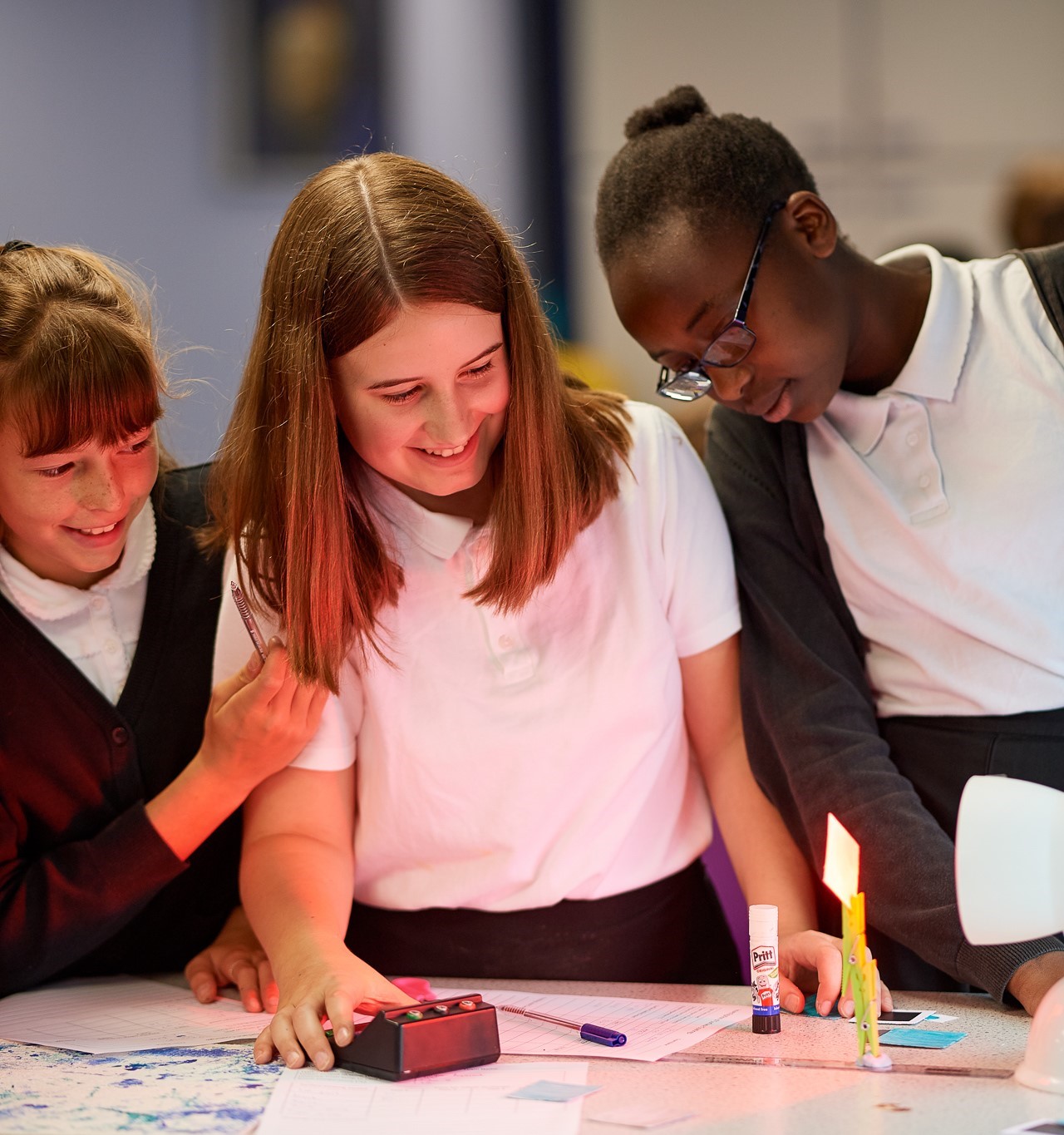The National Space Academy has announced its participation in Space to Learn, a new scheme funded by the UK Space Agency which is dedicated to improving access to STEM careers and learning opportunities for young people across the UK.
Since 2008, the National Space Academy has been delivering high quality curriculum-focused masterclasses which use space as an inspirational context to excite the next generation about the possibilities offered by STEM subjects.
The Space to Learn project means that these opportunities, along with careers conferences and space camps, will now be offered to over 40,000 young people in all areas of the UK at no cost to the students or their schools, removing barriers to opportunity and delivering programmes to schools with a high number of disadvantaged students free-of-charge.
Dr Paul Bate, Chief Executive of the UK Space Agency, said: “As the UK’s space ambitions increase, investing in STEM programmes is equally critical. We want to make sure that every young person across all communities can be inspired through space, imagining new possibilities and innovations to which they can contribute, drawing on their growing STEM knowledge, and having fun learning along the way.”
David Wilkinson, National Space Academy General Manager, said: “There has never been a more important time to enthuse the next generation in the STEM subjects. Young people are the greatest resource any country has. But we need to educate them and show them all the possibilities of the future. Space to Learn seeks to do that in in a truly inspiring way.
“The National Space Academy has a proven track record of education interventions that really make a difference. Thanks to the UK Space Agency we can now reach far more young people at no cost to schools.”
Schools across the country are invited to apply now for free masterclasses for students aged 11 to 19, to take place between September 2023 and March 2025, via www.nationalspaceacademy.org/space-to-learn.
The Space to Learn programme will channel £4.3 million UK Space Agency funding into four major educational projects.
Alongside the National Space Academy’s series of 1,000 specialised masterclasses, careers conferences and camps, will be the Jon Egging Trust’s Blue Skies initiative delivering 28,000 hours of space-related education resources to students, and the Association for Science and Discovery Centre’s Our World From Space programme, exploring the relevance of UK space science for the future health and sustainability of our home planet.
The funding will also help the European Space Education and Resource Office run its Space Inspirations scheme, which sees regional volunteers from the space sector work with more than one million children across the UK.


